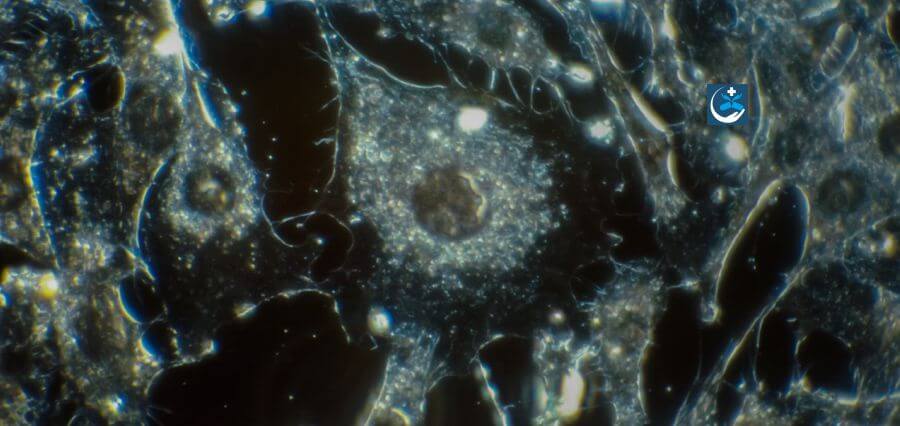If the temperature rises above 60 degrees, you may increase your chances of developing oesophageal cancer, one of the deadliest cancers in the UK. According to Cancer Research UK, it is the 14th most common cancer in adults, forming from the esophagus lining, the food pipe connecting your mouth to your stomach.
Each year, approximately 9,300 people are diagnosed, and 8,000 people die in the United Kingdom. When diagnosed at stage one, patients have a roughly 50/50 chance of surviving for more than five years. If it is caught at stage four, the chances of survival drop to 20%.
Statistical Overview
According to the NHS, you are more likely to develop oesophageal cancer if you are over 75 or have certain medical conditions such as long-term, severe acid reflux. According to Cancer Research UK, it is uncommon in people under 40 and is frequently associated with being overweight or obese, smoking, or drinking more than 14 units per week.
These aren’t the only factors influencing your risk. According to the cancer charity, “If you drink tea, coffee, or other hot drinks, your risk of developing oesophageal cancer increases.”
According to a study funded by Cancer Research UK and later published in the International Journal of Cancer, people prefer drinking at 60 degrees Celsius. This happens as hot drinks can burn cells, causing inflammation and increasing cancer risk.
According to Cancer Research UK, this can be exacerbated by making damaged tissue more susceptible to other cancer-causing agents. Furthermore, the study did not investigate other risk factors, such as smoking and eating habits.
Final Note
Another study was published in the Annals of Internal Medicine and involved 450,000 participants in China. They discovered an increased risk of oesophageal cancer in people who drank hot tea and smoked or drank alcohol regularly. It found no increase in people who drank hot tea but did not smoke or drink regularly.
The NHS website recommends allowing hot drinks to cool before drinking them “so they do not damage your esophagus” to reduce your risk of developing oesophageal cancer.
Read More News: Click Here


